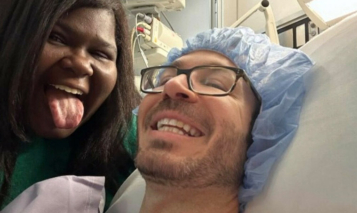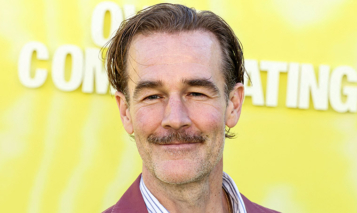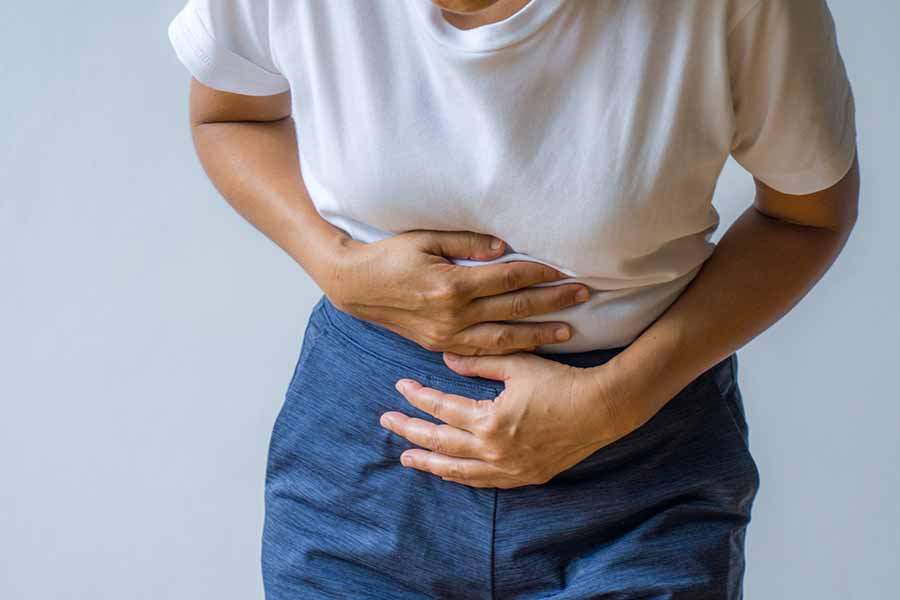
Yasmine Garjales was pregnant with her fifth child when she noticed blood in her stool and thin stools.
She already suffered from morning sickness with nausea and vomiting. But the blood in her stool alarmed her.
She informed her doctors, who told her she had a case of hemorrhoids. Hemorrhoids are normal during pregnancy, the gynecologist told her.
Several years ago, Garjales’ grandmother died of colon cancer. When Garjales noticed blood in her stool, she worried she had colon cancer, too.
“I kept mentioning it over and over to the gynecologist to the primary care physicians, but they both thought that it might be hemorrhoids because of my age,” Garjales, 32, tells TODAY.com. “I had no symptoms of hemorrhoids like the itching or burning — none of that, I only had the bleeding and the thin stools.”
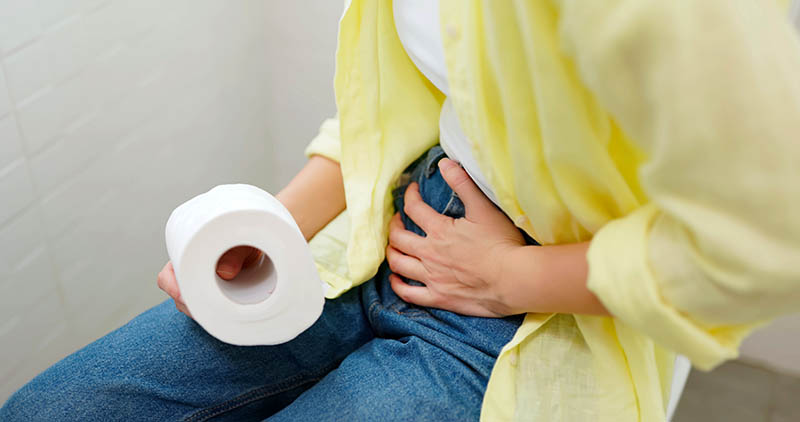
“Fast forward, I kept bleeding — like daily after I gave birth — in my stool,” Garjales explains.
Three weeks after Garjales gave birth, doctors finally performed a colonoscopy and immediately found a tumor in her colon. She was diagnosed with stage 3 colon cancer in April 2022.
“They gaslighted me,” she says. “They seemed to have the same inclination that it would be hemorrhoids but unfortunately that wasn’t the case.”
“I was so upset because this is the same doctor right before I went to sleep that told me, ‘Don’t worry about it,'” Grajales recalls during the colonoscopy. “The first thing I thought about was my children.”
She had surgery to remove the tumor plus 42 lymph nodes. Then she underwent chemotherapy, which she calls “the worst experience of my life.”
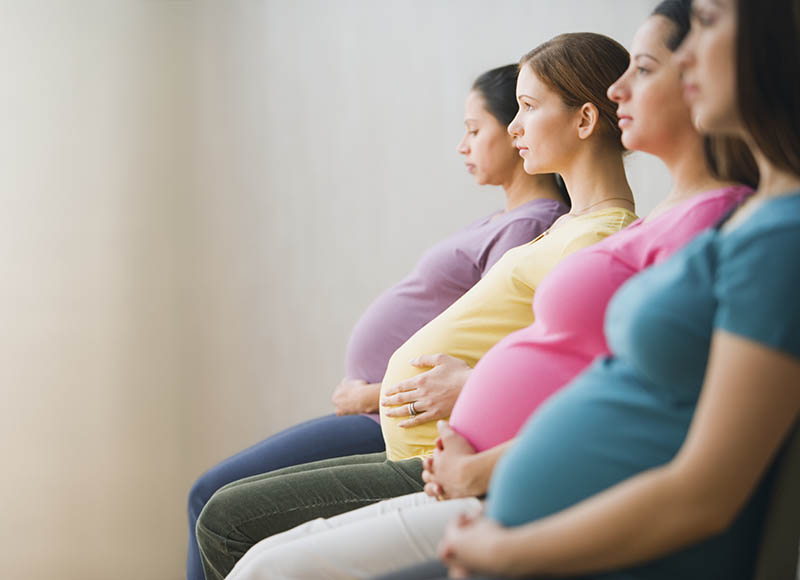
Doctors are seeing more pregnant women diagnosed with colon cancer.
Colorectal (colon and rectal) cancer cases among young adults have risen sharply over the past 2 decades. Cases among teens and adolescents have seen the biggest jump by 500% and 333% respectively.
“In the old days we said, ‘No, you’re too young (for colon cancer),'” Dr. John Marshall, director of the Ruesch Center for the Cure of Gastrointestinal Cancers at Georgetown University, tells TODAY.com. Dr. Marshall was not involved in Garjales’ care.
Dr. Marshall said the assumption should be hemorrhoids or colon cancer.
“You have to think about colorectal cancer and so if you see someone who’s pregnant who’s had a change in bowel habits, you need to prove that it’s not colon cancer,” he added.
Doctors say patients should be their own advocates and ask doctors to order diagnostic tests, like a colonoscopy, MRI or CT scan.


